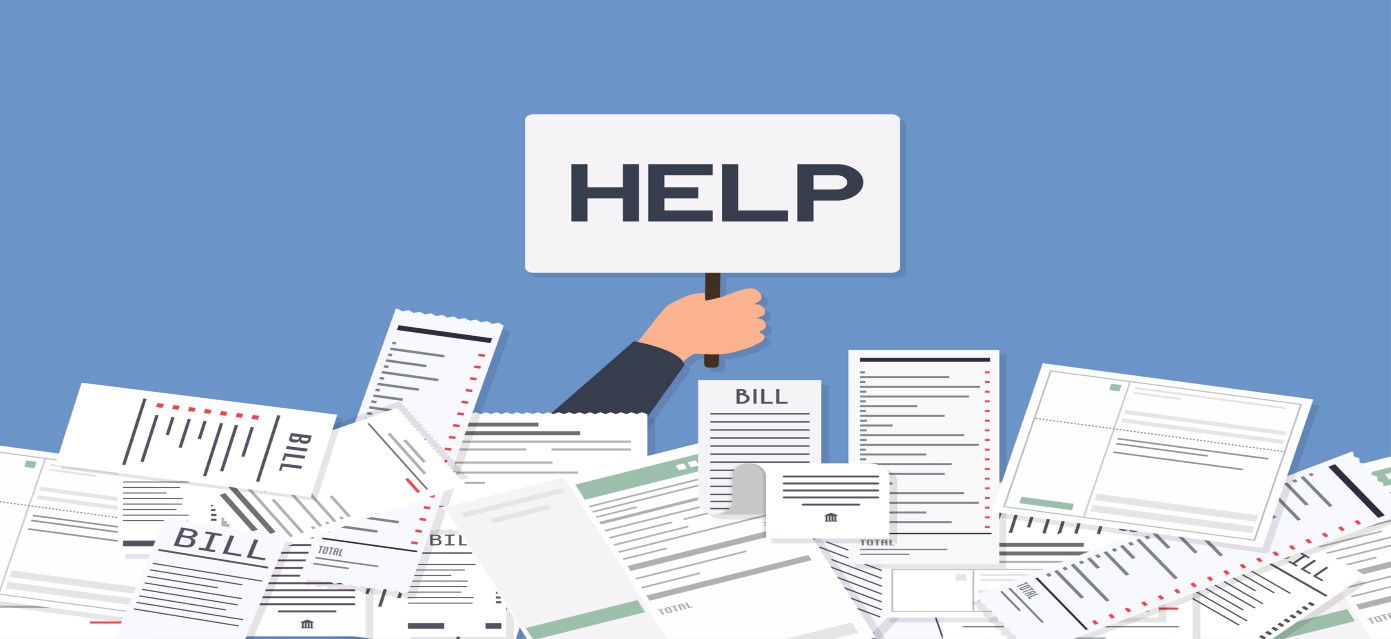
While repaying debts can be overwhelming, strong debt management is crucial for future financial stability. This is done by tracking and controlling your debts, as well as making informed decisions about repayment. Strong debt management can help prevent damage to your credit score, potentially saving thousands of dollars over time.
While repaying debts can be overwhelming, strong debt management is crucial for future financial stability. This is done by tracking and controlling your debts, as well as making informed decisions about repayment. Strong debt management can help prevent damage to your credit score, potentially saving thousands of dollars over time.
Below are three tips to get started.
Take Note of Your Debt
Before you can effectively manage your debt, it's important to have a strong understanding of your financial obligations. Start by writing down a complete overview of everything you owe, such as any credit card balances, student loans, mortgages, car payments, etc.
For each debt, include the outstanding balance, interest rate, minimum payment amount, and the due date. By creating this overview, you can work to prioritize the debts you owe and keep an up to date look at your financial position.
Pay Above the Minimum - if Possible
When working to pay off your debt, it's important to pay what you can actually afford rather than just the minimum payment. Minimum payments keep your accounts in good standing, but they often only cover the interest charges, leaving the principal balance untouched. If possible, try to pay more than what’s due. This will help you to pay off debts faster, as well as save on interest.
Create an Emergency Fund
It is in your best interest to create an emergency fund that can cover unexpected expenses, like medical bills, car repairs, etc. Without an emergency fund, you may be forced to charge these extra costs on credit cards, resulting in additional debt.
A good savings goal for an emergency fund is three to six months of living expenses. This can be done bit by bit, by setting aside a small portion of your income every month to gradually increase your savings over time.
Managing debt is easier said than done, but with the proper mindset and dedication it can be achieved. More information about debt management is available from the Federal Trade Commission.
This communication is intended for informational purposes only, and should only be relied upon when coordinated with specific individualized professional advice, as individual situations will vary.
Category: Wealth Planning
